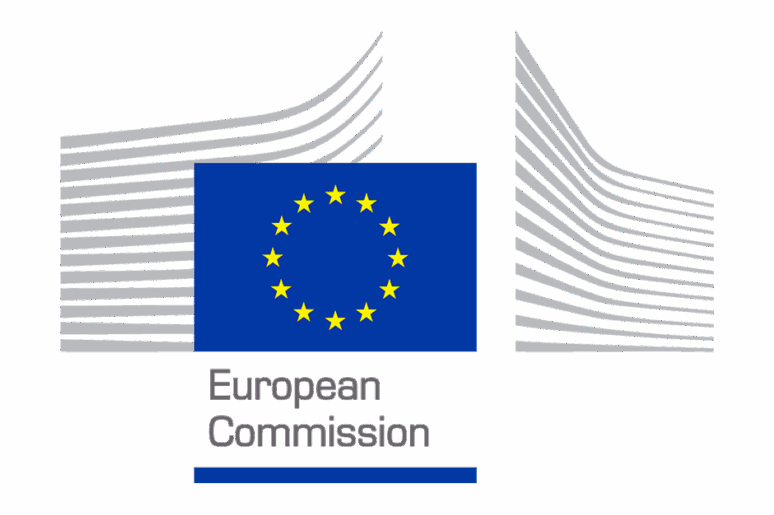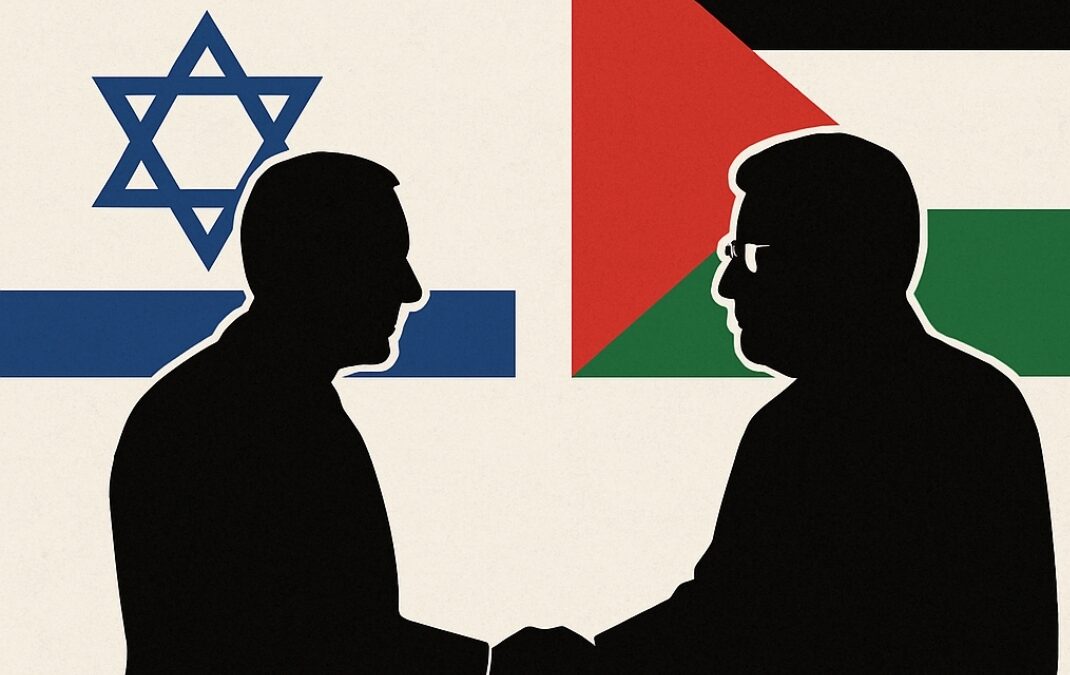A structured simulation addressing the historical issues of the conflict and proposing practical pathways towards a solution based on mutual recognition.
The Israeli–Palestinian conflict remains one of the most enduring challenges for the international community. Wars, occupation, failed negotiations and humanitarian crises have left deep scars. For this reason, the World Organization of States – International Parliament for Safety and Peace (WOS-IPSP) conducted an innovative experiment: a conciliation simulation between Israel and the Palestine Liberation Organization (PLO), with the aim of identifying areas of dialogue where traditional diplomacy seems blocked.
During the separate sessions, the well-known positions of the parties emerged. Israel reaffirmed its absolute priority to security and the protection of its citizens, the demand for a demilitarized Palestinian state, the recognition of Israel as the nation-state of the Jewish people, and the view of Jerusalem as its united capital together with strategic control of the Jordan Valley. The PLO, on its side, insisted on the establishment of two states along the 1967 borders with East Jerusalem as its capital, on finding a fair solution for the Palestinian refugees in accordance with United Nations Resolution 194, on ending the occupation and settlements in Palestinian territories, and on renewing the commitment to mutual recognition and renunciation of violence established by the 1993 agreements.
Despite the distance between these visions, the conciliation process made it possible to highlight some points of convergence. Both sides recognize the need to guarantee civilian security. There is also a precedent of mutual recognition which can serve as a minimum basis for dialogue, and the international community continues to uphold strongly the two-state horizon as the only sustainable perspective.
On these foundations, the WOS-IPSP conciliator advanced a proposal. It begins with the immediate cessation of hostilities and the deployment of a multinational supervisory force. Jerusalem would be placed under a temporary special regime with free access to holy sites guaranteed by the international community. The 1967 borders, with equivalent land swaps, would serve as the starting point for technical delimitation, accompanied by a moratorium on settlement activity. For the Palestinian refugees, a flexible solution would be envisaged, combining limited return, compensation and voluntary relocation. The parties would also be called to update their reciprocal recognitions already set out in 1993. The process would unfold in three phases: the first focused on security and humanitarian relief, the second on defining a provisional status for Jerusalem, and the third on reaching a final agreement under United Nations supervision.
This simulation does not claim to solve a historic conflict, but it demonstrates that a structured method of conciliation can open real channels of dialogue. The WOS-IPSP reaffirms that peace is not born from the defeat of the other but from mutual recognition, and that conciliation can represent an innovative and complementary tool to traditional diplomacy.



